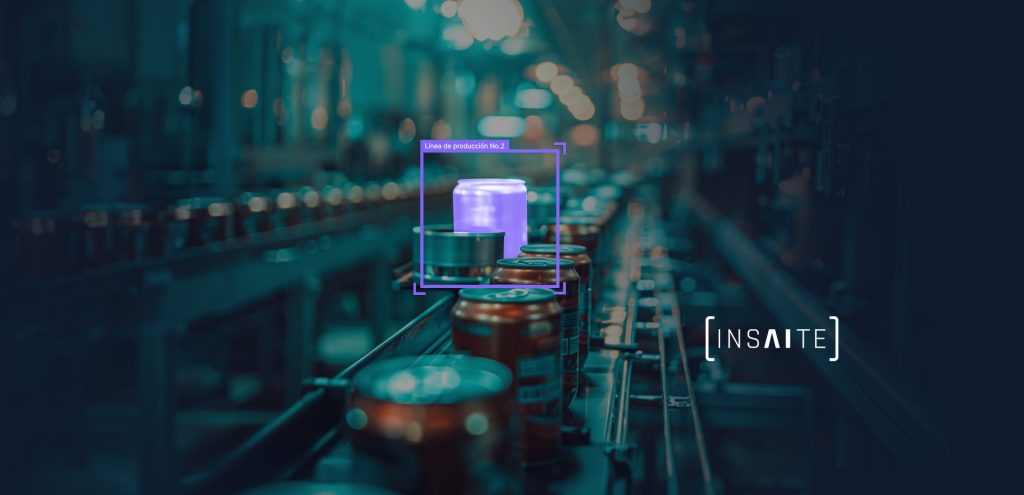The industry is always in search of innovation, making the implementation of advanced technologies essential to remain competitive in an ever-evolving market.
From analyzing large amounts of data to automating processes, artificial intelligence offers unprecedented potential to accelerate scientific discovery, improve efficiency in creating new products, and optimize decision-making. In this note, we explain how artificial intelligence can drive research and development to new levels.
What is R&D?
We can define R&D as the process of searching for and investigating new scientific and technical knowledge with the aim of developing new technologies or processes for the creation of products, materials, services, or processes.
It is important to note that R&D refers to research and development; in some cases, an “I” is added after the “D” to refer to innovation within the process.
The aim is to innovate in the aforementioned aspects to improve their quality or to optimize production and reduce costs, with the goal of giving companies a competitive edge in the market.
Stages of R&D
To carry out the research and development process, it is necessary to go through 3 stages, which are:
- Basic or fundamental: Seeks to acquire new knowledge through the development of hypotheses, laws, or theories.
- Applied: In this stage, the aim is to apply the knowledge acquired in the first phase to obtain practical objects. The results may be subject to patenting.
- Technological: In this stage, companies develop prototypes based on the know-how developed in the previous stages.
The Role of Generative AI in R&D+I
The advent of generative artificial intelligence has made the implementation of research, development, and innovation processes more accessible to companies of different sizes, democratizing the ability to optimize their results in the market.
The incorporation of generative AI tools allows companies and research teams to reduce time and investment by streamlining various processes, such as:
- Generating new ideas for research.
- Validating hypotheses and theories.
- Analyzing large amounts of data.
- Creating controlled environments for experimentation.
This technological advancement not only increases efficiency in R&D+I but also enhances companies’ ability to adapt quickly to market demands and remain competitive in a constantly changing environment.




